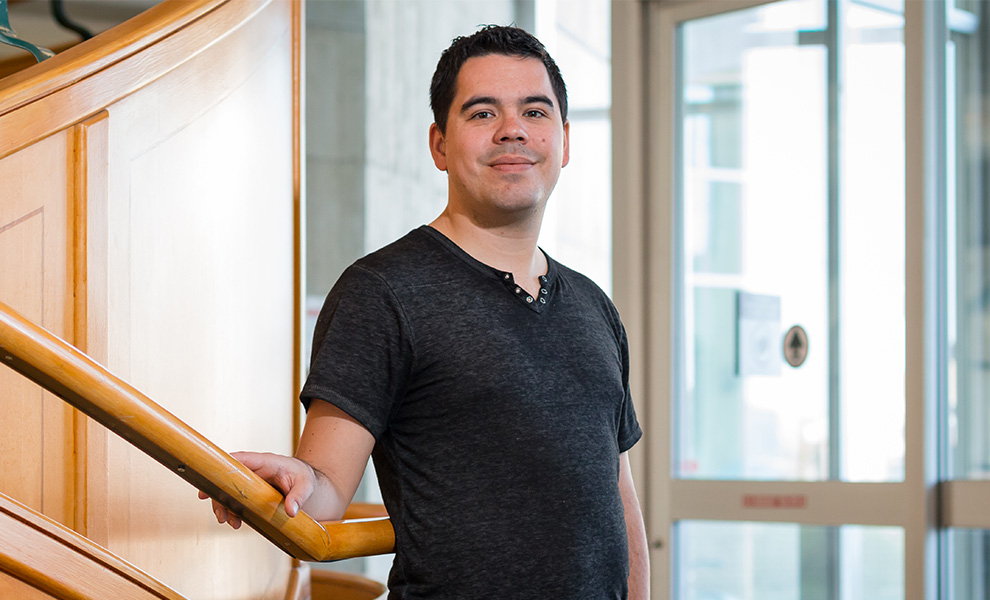DEPARTMENT of SOCIOLOGY
SOCIOLOGY MAJOR
MAJOR | BACHELOR OF ARTS
Studying people and the ways they connect—that’s sociology in a nutshell. Through observation and research, sociologists develop an understanding of how people’s experiences vary by race, class, gender and age. They aim to explain the causes and consequences of all types of social interactions, from family dynamics and group mentality to government policy, youth subcultures and media influence.
Use your awareness of cultural and social issues to influence change—as a social scientist in community or government agencies and organizations, as a leader in public safety and policing or as a policy maker in international aid or development.
What to expect
Explore the foundations of sociology by learning about the nature of society and the ways institutions and individuals operate in different contexts. To give you a broad perspective, you spend time in your first year taking courses in areas outside of sociology. In your second year, you dig more deeply into sociological theories and declare your major and area of specialization:
- General sociology
- Family, youth and diversity
- Criminology
In your third and fourth years, you learn qualitative and quantitative research methods, including interview techniques, content analysis and statistical analysis. As your studies advance, you have the option to design your own courses and research projects through independent studies or enrolment in the honours program. In your fourth year, you take at least two seminar courses, which are often student-led. Smaller classes mean plenty of time to explore ideas with your professors, get in-depth answers to your questions and participate in a variety of integrated learning opportunities.
Courses and requirements
This major is open to students in the Bachelor of Arts. Courses for your major are only one component of the degree requirements to graduate. You must complete the courses and requirements outlined in the academic calendar for the year you declare your major/minor or the year you are accepted into an honours program.
Academic advisors in the Faculty of Arts and Science have prepared resources to help you understand how your major/minor fits within overall degree coursework. Consult the academic planning information to choose and enrol in courses and complete the major/minor declaration process.
 Josh's Story
Josh's Story
